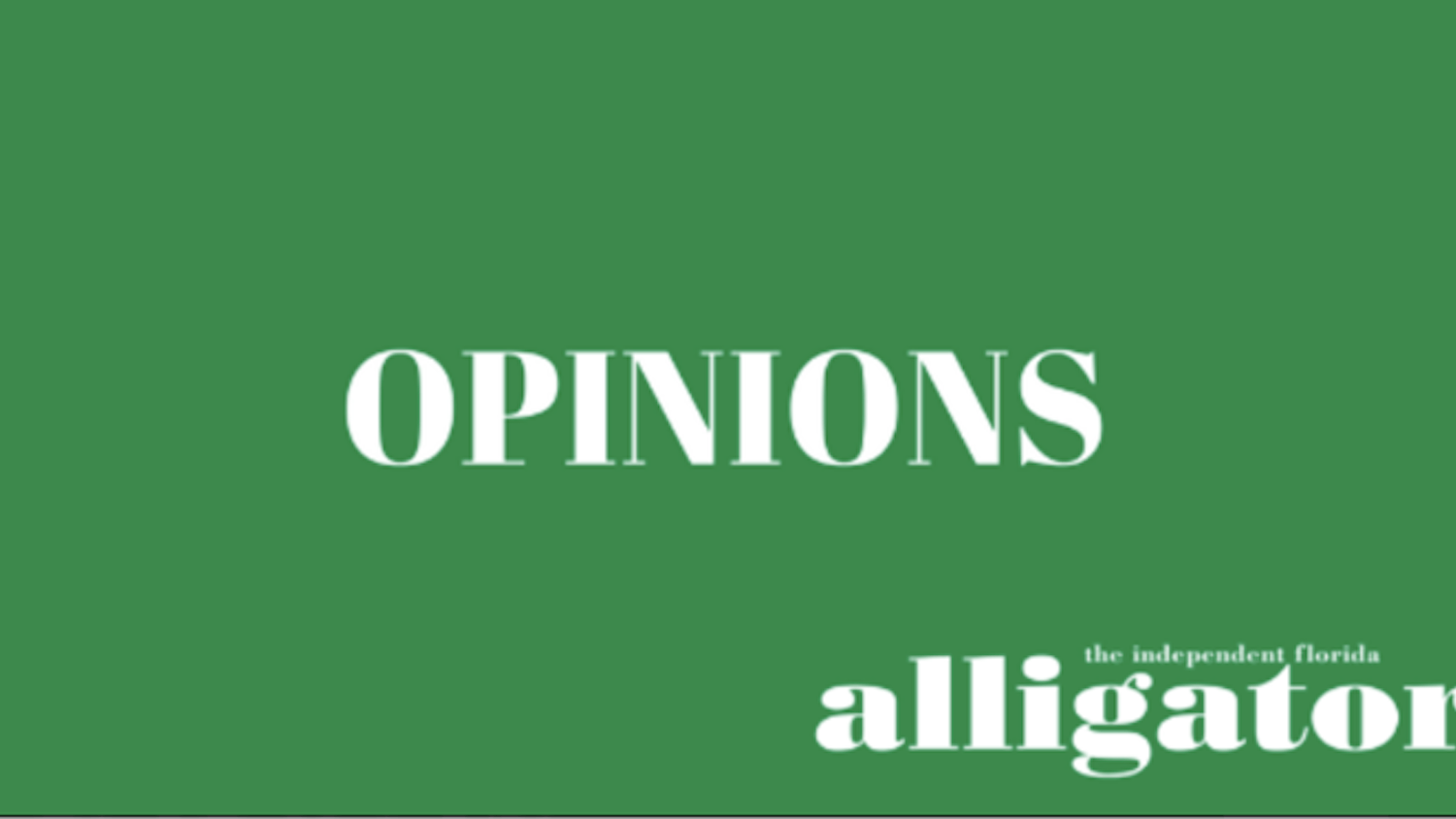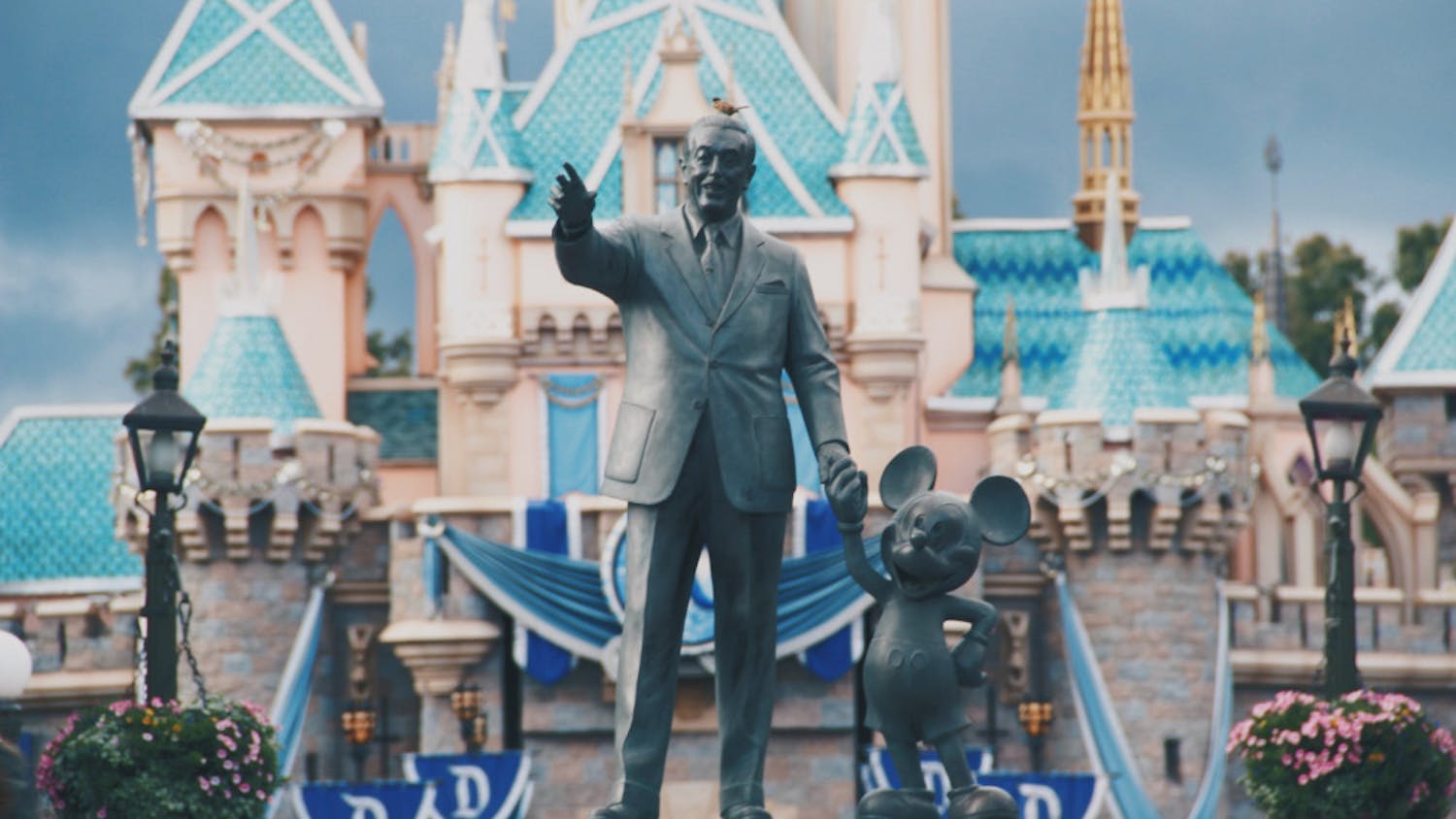Alligator flashback: Fall, 1969
In Fall 1969, I was an entering graduate student from Kentucky, marveling at the energy and engagement on the UF campus. Headlines in The Alligator ranged from a lack of student parking to demonstrations from both the left and the right regarding whether UF Student Government should join the National Student Association (“A tool of the CIA!” vs. “A communist front”) to reports on incoming student orientation. However, even these reports included stern warnings from then-President Stephen C. O’Connell about agitation against the university or interfering with its normal functioning – neither of which were defined, although they could lead to severe disciplinary consequences for both students and faculty.
It was a time of great turmoil including issues like the Vietnam War and the draft, academic and speech freedom and, especially, racial justice. In 1970-71, UF had more than 22,000 students, just 343 of whom were Black, leading to anti-discrimination demonstrations, including an extended sit-in in President O’Connell’s Tigert Hall office. Other actions he recalled focused on the Vietnam War: campus teach-ins, walkouts and street demonstrations. These included phalanxes of police in full riot gear charging up and down University Avenue, firing tear gas into the Krystal restaurant (now Chipotle) and chasing “hippies” into the then-new Smathers Library.
Fast forward: UF campus, Fall 2021
Some things have certainly changed. Now, UF has more than double the number of students. The students of 1969 would recognize only the historic campus buildings near 13th Street and University Avenue. And for the last 20 months or so, much of what happens both on and off campus has been dominated by COVID-19 and its aftermath. The rhythm and tempo of campus life have changed, and the absence of students, faculty, staff and visitors – and the resulting strange silence – has been striking.
From a faculty perspective, these have been among the most demanding of times: turning on a dime from face-to-face teaching to virtual, revamping classwork, mastering new learning technologies, juggling student advising sessions and necessary department activities, continuing research projects and more. But it has also meant challenges of maintaining personal relationships with faculty colleagues and staff (including those just arriving at UF), finding substitute ways to sustain a sense of collective purpose and momentum and building rewarding relationships with students. And in the midst of it all, dealing with the occasional – but real – sense of isolation and loneliness that have been part of this experience for us all.
And – oh yeah! – all of this occurs in the very real milieu of personal and collective concern about the dreaded and continuing pandemic. Yet again, just when we were emerging into what we thought and hoped was a chance to declare medical victory and return to some of what we’ve all been missing.
Faculty (and graduate assistants who are both students and instructors) are not immune to frustration and disappointment, especially with being denied the means to do what they love and what draws them to this university environment. Some of this is unavoidable, a product of necessary accommodation to the pandemic. But other aspects are not.
Frankly, many faculty and graduate assistants have felt frustrated and disrespected during these times. Rather than being treated as valued, essential parts of a collegial community, many have had to deal with exclusion from UF policy decisions, denial of legitimate requests for teaching accommodations (for example, due to medical conditions), lack of participation in determining optimal teaching or research approaches, as well as other indignities.
The result, in my view, has been a significant loss of partnership and trust between faculty and the UF administration, which has seemingly been reduced to following distant, often unscientific, inconsistent and even counterproductive guidelines from Gov. Ron DeSantis and others. This disruption of confidence in UF leadership among many faculty will not be soon nor easily restored. Faculty disappointment – and sometimes anger – in this environment is palpable, with some faculty making clear their wishes (and sometimes actions) to leave UF. This will likely be looked back upon as one of the true long-haul effects of the COVID-19 pandemic and the UF response.
By Steven Kirn, Co-chair of combined UFF-UF/GAU COVID Task Force






